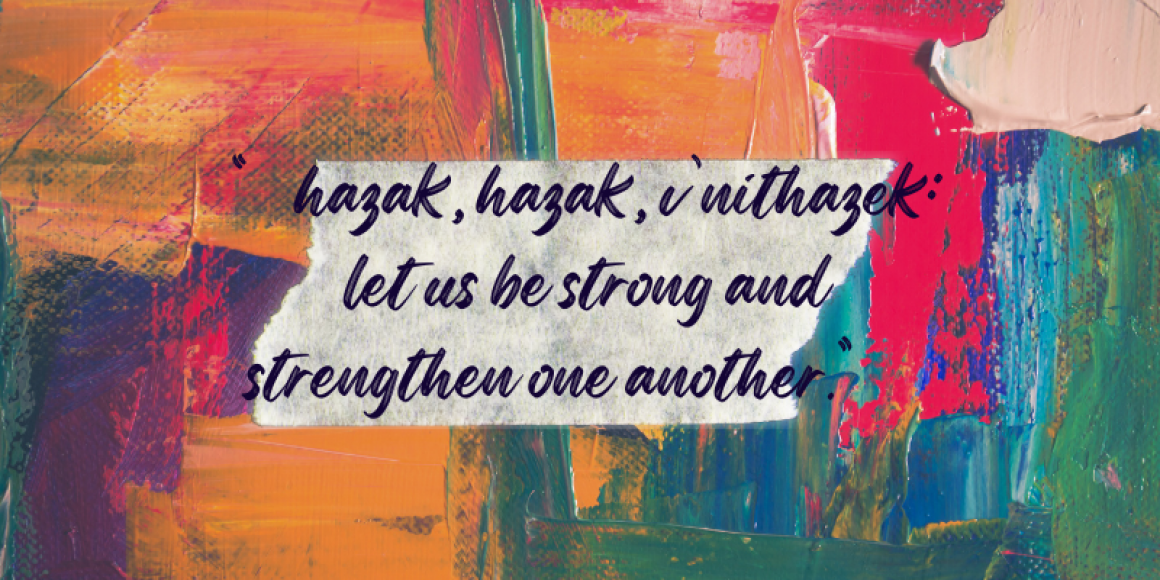
Multiple Visions, Mutual Responsibility, and Collective Strength: Jewish Education in 2024
Lawrence Cremin, renowned historian of education in America, who served as President of Columbia University (1974-1984), defined “education” as “the deliberate, systematic and sustained effort to transmit, evoke or acquire knowledge, attitudes, values, skills or sensibilities, as well as any outcomes of that effort.” On the one hand, education is about cultural transmission, sharing knowledge, attitudes, and values of the past. On the other hand, education must equip learners with the skills and sensibilities to live in the world of the uncharted future. Jews who grew up in the United States between the 1950s and 2010s are unlikely to have experienced anti-Semitism. In such matters as university admissions, employment, and housing, restrictions encountered by Jews pre-World War II gave way to seemingly limitless opportunities. In this context, the universal dimension of Judaism – serving as a blessing to others through social action – became, for many Jews, a primary expression of Jewishness. Some Jews, in the post- Holocaust generation, maintained a more inward focus. Both approaches are important, though not to the exclusion of the other. As Hillel taught two millennia ago: “ If I am not for myself, who will be for me? And if I am only for myself, what am I?
Jewish thought and practice have never been monolithic, and there are multiple visions of “the educated Jew.” Twenty years ago, a book authored by several very distinguished scholars of Jewish education, Visions of Jewish Education, was published. The authors interviewed leading Jewish thinkers reflecting diverse perspectives (Orthodox, Reform, Conservative, and secular), and considered the implications of their views for contemporary Jewish education. What might Jewish education look like, grounded in each of the worldviews examined?
Los Angeles is blessed with scores of Jewish schools, each with its unique approach to Jewish education. Each approach, grounded in a vision of Jewish education, aims to enhance the life of the learner, enabling the student to draw upon the wisdom of the past to live a meaningful life today and in the future. Among the values, attitudes, and sensibilities common to all Jewish schools is areivut, a sense of mutual responsibility among and between Jews who, as a people, share a collective past and a common destiny.
I write these paragraphs a day after Jews around the world have concluded the Book of Genesis in the weekly cycle of Torah study. In the closing Torah portion of Genesis, Jacob, in his final hours, blesses his children. He blesses “them” (collectively) as he expresses the unique blessing of each one of them. The Jewish people – the children of Israel (Jacob) – is strengthened when the blessing of each individual and institution of Jewish life mutually supports the other. In the words recited in synagogues upon completing the reading of a book of the Torah, “hazak, hazak, v’nithazek: let us be strong and strengthen one another.”
